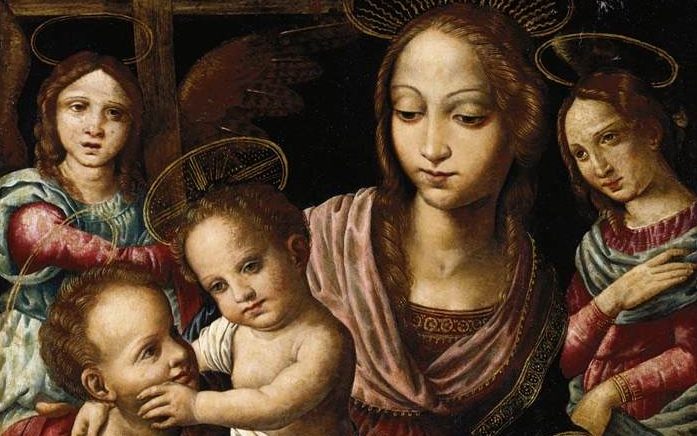Bar. 5:1-9 / Ps. 126:1-6 / Phil. 1:4-6, 8-11 / Lk. 3:1-6
Today’s Psalm paints a dream-like scene — a road filled with liberated captives heading home to Zion (Jerusalem), mouths filled with laughter, tongues rejoicing.
It’s a glorious picture from Israel’s past, a “new exodus,” the deliverance from exile in Babylon. It’s being recalled in a moment of obvious uncertainty and anxiety. But the psalmist isn’t waxing nostalgic.
Remembering “the Lord has done great things” in the past, he is making an act of faith and hope — that God will come to Israel in its present need, that he’ll do even greater things in the future. This is what the Advent readings are all about: We recall God’s saving deeds — in the history of Israel and in the coming of Jesus.
Our remembrance is meant to stir our faith, to fill us with confidence that, as today’s Epistle puts it, “the One who began a good work in [us] will continue to complete it” until he comes again in glory.
Each of us, the liturgy teaches, is like Israel in her exile — led into captivity by our sinfulness, in need of restoration, conversion by the word of the Holy One (see Baruch 5:5). The lessons of salvation history should teach us that, as God again and again delivered Israel, in his mercy he will free us from our attachments to sin, if we turn to him in repentance.
That’s the message of John, introduced in today’s Gospel as the last of the great prophets (compare Jeremiah 1:1-4, 11). But John is greater than the prophets (see Luke 7:27). He’s preparing the way, not only for a new redemption of Israel, but for the salvation of “all flesh” (see also Acts 28:28).
John quotes Isaiah (40:3) to tell us he’s come to build a road home for us, a way out of the wilderness of sin and alienation from God. It’s a road we’ll follow Jesus down, a journey we’ll make, as today’s First Reading puts it, “rejoicing that [we’re] remembered by God.”

